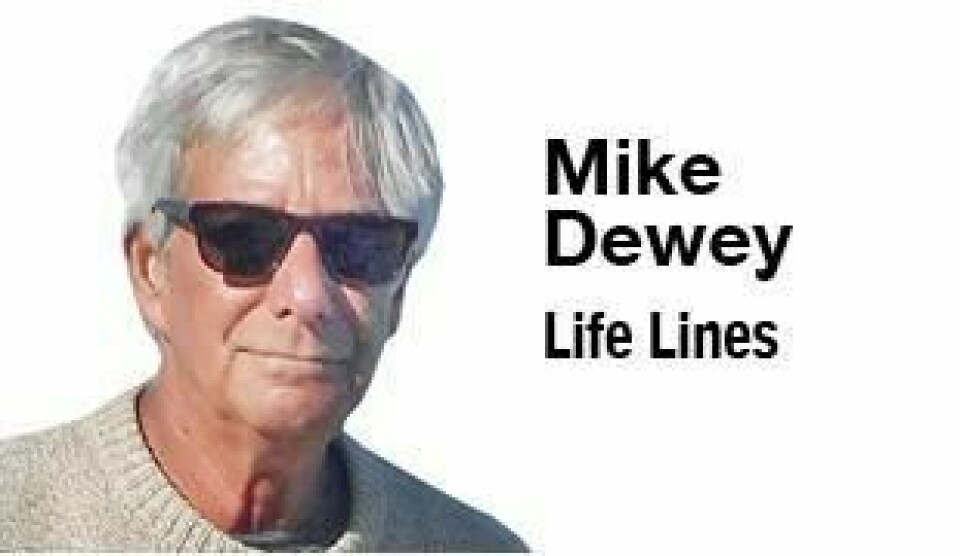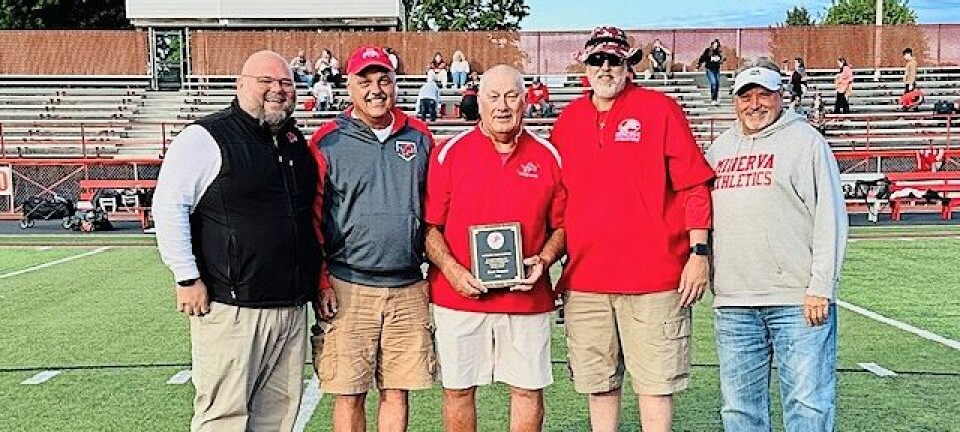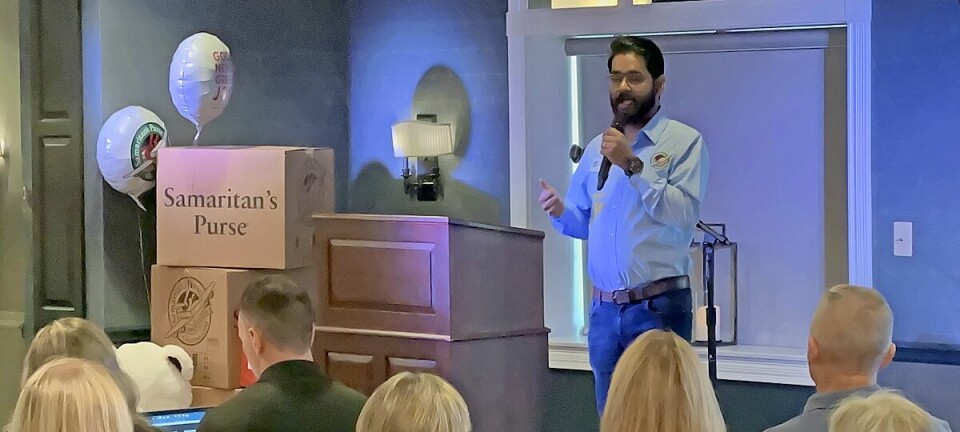On Sartre, the Rolling Stones and Eddie Haskell

Hell, wrote Jean Paul Sartre in 1943, is other people.
And by that, I’m pretty sure he meant neighbors. Laying existentialism aside for the moment, let’s consider how monstrously those who live nearby can ruin your life.
Faithful readers already know this all too well, but for the uninitiated, here’s another truism I’ve found helpful:
If something can only happen to you, you must be doing something to help it along.
I have no idea who said it first, but it’s truth with a capital T.
My first exposure to it came along about 50 years ago when, as a full-throated Rolling Stones fan, I knew too much too soon about a free concert of theirs held in early December 1969 in a place called Altamont, a site doomed to become infamous in rock history.
No one goes to a show expecting to die, but that’s what happened to a man named Meredith Hunter, a guy whose only crime was being in the wrong place at the wrong time. Of course, it goes without saying that when a bunch of outlaw bikers called the Hell’s Angels are providing security and they’re drunk and/or just plain mean, only bad things can be expected.
And it wasn’t the only example of fans getting beaten up at Stones concerts in the late ‘60s. There was a chance you could get knifed to death or have your skull crushed as the band played on.
Mick Jagger and the boys blamed a media-fueled campaign of negativity, one that reached its apotheosis with the now-famous headline, “Would You Let Your Sister Date a Rolling Stone?”
The answer was not difficult to predict in the Beatles’ heyday.
It’s always hard to find yourself bucking the tide, doing your very best F. Scott Fitzgerald impression, living your life in a boat that’s fighting against the current, borne ceaselessly into the past.
“You really do believe that, don’t you?” my girlfriend asked.
“Believe what?” I replied. “That things can go one of two ways?”
“Not that, exactly,” she said. “More like you know it’s going to be bad, even before you have given the good a chance to show up.”
A few months later, she would write in a Christmas card that I had the capacity to love, even though when I met her, I had my doubts.
A few weeks after that, she returned to campus only to say she’d reconnected with her hometown honey over the holidays and that whatever we’d built together was slated for the wrecking ball.
So much for being capable of loving someone else. It crippled me.
For the longest time, it became the sort of heavy burden that Jacob Marley dragged around as he made his way through the hideous isolation of the afterlife, unable to rest in heavenly peace.
“I wear the chains I forged in life,” he tells Ebenezer Scrooge, his former business partner. “I made it link by link and yard by yard.”
Then he adds the kill shot: “Is its pattern strange to you?”
Scrooge, of course, makes the connection very quickly, the one that connects his failure in the game of love to his devotion to cash.
Charles Dickens was nobody’s fool. He was in high demand for his serialized stories, the kind that his reading public eagerly awaited.
I’ve recently relocated to my hometown, and it’s been challenging.
But I’m determined to avoid the mistakes I’ve made in the past. Toward that end, I’ve been friendly to folks who live nearby, smiling and saying nice things, even as the snow falls and the mercury dips into the low teens. I don’t want to alienate others.
Maybe this means that after all these years, I may be growing up.
Eddie Haskell, arguably television’s first antihero, was one of those guys who stirred things up, always angling for a way to create havoc while skating away from the wreckage unscathed.
In one episode of “Leave It to Beaver,” Eddie convinces Wally to help him hook a chain to the bumper of Lumpy’s car, attaching the other end to a telephone pole. This, of course, causes utter mayhem.
Eddie has perhaps his most celebrated antecedent in Shakespeare’s Puck, the playful sprite who spiced up “A Midsummer Night’s Dream” by messing with humans’ romantic reality, leading him to utter one of the most-quoted lines in the Bard’s literary canon.
“Lord,” he exclaims, “what fools these mortals be!”
So where does that leave us?
It’s best not to wall oneself off from the world at large because, to quote the words of Clarence Oddbody in the final scene of “It’s a Wonderful Life,” no man who has friends is a failure. There’s a lot of wisdom in that sentence, and even Eddie Haskell would agree.
“Gee, Mrs. Cleaver,” he might say, “I’m glad I know your son.”
“Eddie,” she’d reply, “I’m happy that you’re getting smarter.”
Mike Dewey can be reached at 1317 Troy Road, Ashland, OH 44805, or atCarolinamiked@aol.com. He invites you to find him on his Facebook page, a place where pop culture references thrive.
























